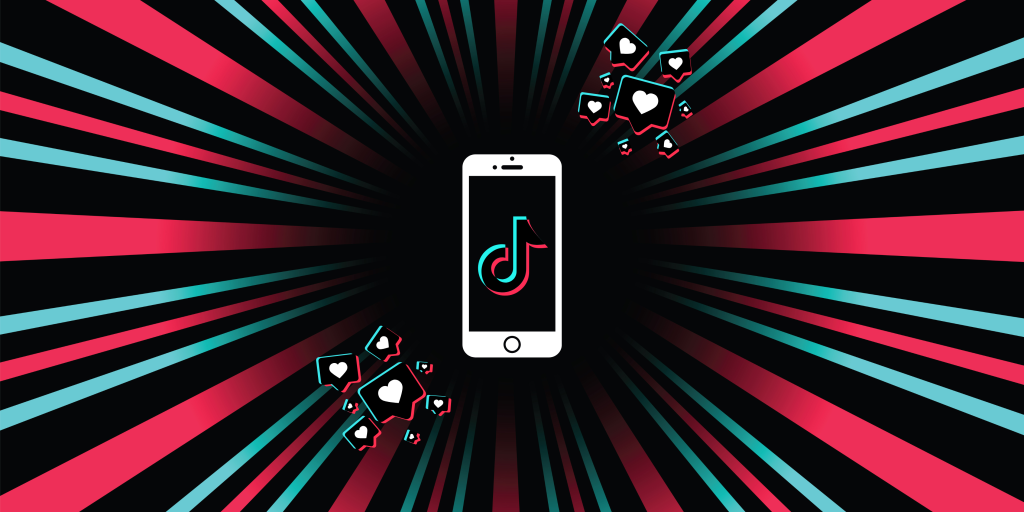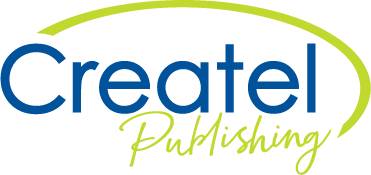A Teacher’s Guide to TikTok ‘Brain Rot’ and the Weird Things Kids Say Nowadays
Brain Rot | Noun
breɪnˌrɒt | Informal
The supposed deterioration of a person’s mental or intellectual state, especially viewed as the result of overconsumption of material (now particularly online content) considered to be trivial or unchallenging. Also: something characterised as likely to lead to such deterioration.
Let’s be honest, teaching can sometimes feel like you’ve stumbled into a foreign language class that you didn’t sign up for. Your year 6’s might be shouting ‘rizz’ after their friend’s presentation. Your year 9 students might be ‘delulu’ about the relevance of talking about Timothee Chalamet during class. Meanwhile, you’re left wondering if ‘Skibidi Toilet’ is a cry for attention or a new hygiene policy.
Welcome to the world of TikTok brain rot.
Don’t worry, I’ve consulted with the experts (my teenage nieces and nephews) and I’m here to help you decode their new language. You might not score any street cred for this (who even says ‘street cred’ anymore?) but at least you’ll be able to figure out what on earth they’re talking about.
Brain rot started as internet slang to describe the feeling of your brain slowly melting from scrolling too much TikTok or watching too many chaotic videos. In 2024, it became Oxford’s Word of the Year. Yes, I’m serious. It captures how Gen Z and Gen Alpha and, let’s be honest, a lot of adults too, are consuming fast, bizarre content that’s equal parts entertaining and incomprehensible.
Nowadays, brain rot is more than that. It’s the kid who refers to themselves as ‘sigma’ when they refuse to line up. It’s the new song that is ‘such a vibe’. It’s the language of the internet, and now, your classroom.

TikTok Slang/Brain Rot You Might Hear in the Wild (A.K.A Your Classroom)
Vibe: A general mood, feeling, or atmosphere. This can be used to describe anything. A song, an outfit, a person, a room, an emotion, an English class that slapped.
Vibing ‘I’m just vibing’.
See also: Slapped
Slaps/Slapped: When something like music or food is positively impressionable. ‘This song slaps.’
Tip: Despite how it sounds, it never really has violent connotations. It’s the Gen Z/Alpha equivalent of ‘that rocked’ or ‘it’s epic’.
Skibidi: Inspired by the Skibidi Toilet meme series (I won’t be linking this so research at your own peril) it’s usually said for no reason, often at top volume, with the intention of creating chaos.
Slay: Doing something well or just existing fabulously. ‘Miss, your outfit is a slay today’
Rizz: Short for charisma. ‘He’s got mad rizz’ = He’s a smooth talker.
Delulu: Delusional. Usually said in a funny way. When you hear a student say, ‘I haven’t studied but I think I’ll ace this test’ you can say, ‘You’re delulu’.
Sigma: Acting like a ‘boss’ or lone wolf. Mostly used by boys pretending they’re above group work.
Bussin: This means that something is really good and is usually used in reference to food or an event. I personally use this word when I have a great experience at a café or restaurant: ‘This place is bussin.’
No cap: No lie. ‘That maths test was brutal, no cap.’
NPC: Non-Playable Character, as seen in video games. An insult for when someone is acting robotic or not participating.
In my [insert noun here] era: A way to define your mood or vibe, if you will. ‘I’m in my study era.’ ‘I’m in my villain era’ etc.
Besides wanting to understand what your students are saying, it is also important that educators recognise this slang. It’s not so that you can start using words like ‘slay’ or ‘no cap’, but knowing this language can help you to:
- Build rapport: You’ll get smiles (or perhaps shocked silence) if you use these terms in the correct context.
- Understand your students’ world: This slang reflects their humour, identity, and online culture.
- Spot issues early: If you hear certain terms used with aggressive or inappropriate undertones, it helps you to know what they mean. For those of you who have watched Netflix’s Adolescence, you’ll have seen why it is important to understand your students’ language. The ABC wrote a great article about this for parents and carers, but it is equally interesting for educators.
- Teach media literacy: These trends are a great springboard for classroom discussions about influence, digital citizenship and footprints, and why not everything online deserves your attention. We wrote an article about the push to raise the minimum age to register for social media. You can read it here.
Here are a few ways you can handle it (without losing your mind)
Ask them to explain: It builds trust and can create a memorable moment between you and your students.
Create safe boundaries: Encourage fun but shut down anything that’s disruptive or mean-spirited.
Use it as a hook: Bring slang into writing prompts or media lessons.
Stay updated (without doomscrolling): Follow teacher accounts on Instagram and TikTok. They will often have funny skits or miniseries about the current trends in the classroom.
Some of our favourites are:
Createl Publishing… Plugging our TikTok here is relevant, I promise!
By the way…
Doomscroll | Verb
doom·scroll | Transitive + Intransitive
To spend excessive time online scrolling through news or other content that makes one feel sad, anxious, angry, etc.
Look, we get it, it’s getting weird out there. The internet is moving faster than we can print new vocab posters and students always seem to be two steps ahead. After a solid doomscrolling session, you’ll soon come to understand what the kids are saying now days. The good news is that you don’t have to know everything. Just showing interest in their world goes a long way.


Leave a Reply